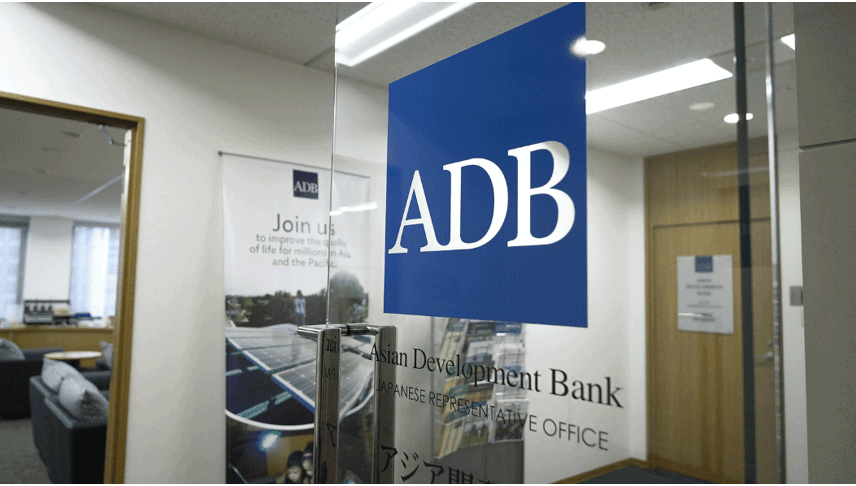Register for free and continue reading
Join our growing army of changemakers and get unlimited access to our premium content

Image: ADB
The UK, US, Sweden, Denmark, Japan and Korea have been named as the initial partners for the Asian Development Bank’s (ADB) new facility, which is being described as the first of its kind, in that no other multilateral development banks host a leveraged guarantee mechanism for climate finance.
The ADB is aiming for mechanism, called the Innovative Finance Facility for Climate Change in Asia-Pacific (IF-CAP), to reach an initial $3bn of guarantees, creating up to $15bn in new loans. Loans will be provided to climate mitigation and climate adaptation.
Back in 2019, the ADB pledged to allocate $100bn of its own resources for climate finance within a decade. The new IF-CAP will contribute significantly to delivering this ambition.
Announcing the IF-CAP at a meeting of senior Asian finance professionals in Incheon, ADB president Masatsugu said: ““The climate events we have experienced over the past 12 months will only increase in intensity and frequency, so we must take bold action now. IF-CAP is an exciting, innovative program that will have a real impact.”
More than 40% of climate-related disasters to have taken place since 2000 have been in the Asia-Pacific region, the ADB has stated. The World Meteorological Association has estimated the cost of extreme weather events, made more likely and more intense due to climate change, at $35.6bn in 2021 alone. Costs are likely to be higher in 2022, due to an unprecedented summer of extreme weather events globally.
A global movement
At COP27 in Egypt late last year, a key agenda focus was reforming multilateral development banks to help unlock more climate finance.
Barbados’s Prime Minister Mia Mottley used her platform at the UN climate summit to launch a proposal toreform the international financial system to better serve the most vulnerable and the lowest-income nations.
Known as the Bridgetown Agenda, the proposal calls for a debt finance holiday for developing nations; for multilateral development banks to prioritise the delivery of the UN’s Sustainable Development Goals; and for the creation of a new way for the private sector to contribute to aid after extreme weather events.


Please login or Register to leave a comment.